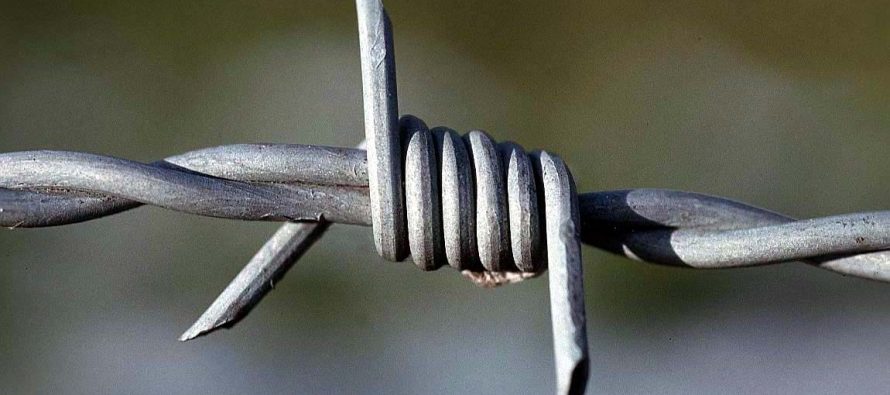UN to support Albanian project on communist past

Story Highlights
- Artists have also joined the project, creating cultural platforms which will generate awareness and a deeper understanding of the country’s past.
Related Articles
TIRANA, Feb. 27 - The United Nations organization is supporting an Albanian project aiming to gather the testimonies of hundreds people who suffered under the oppressive communist system in prisons and internment camps.
Though survivors and the victims’ families gather to commemorate communism’s hardships in the few memorials found in the country, most stories, events, as well as some of the victims’ remains, are still enveloped in mystery.
Remembering to Heal and Prevent is a UN project that has already began adaptation in Albania.
Gjon Radovani, the project’s expert in the country, told local media the project aims at facilitating a wide dialogue concerning Albania’s communist past.
“The program aims to foster a social conversation on Albania’s communist and dictatorial past on many levels, beginning with historians and university level meetings, which will try to shed light and offer new facts on our communist history, continuing with the judicial level, where the law university will offer the legal framework, as well as the artistic and cultural aspects, which will include de-archiving facts and making them public through museum exhibitions, etc,” Radovani said.
Further on, Radovani stressed how important this project is for Albanian society.
“As Cicero said, ‘to be ignorant of what occured before you were born is to remain always a child’. It is important for both the present and future, because the new generation should know what happens when logic ends and violence occupies its place,” he said.
In this context, the authority dealing with the files of the former notorious Sigurimi Intelligence Service is cooperating with the project.
Selami Zalli, informative director of the communist files’ authority, told local media the project heavily relies on past testimonies.
“It’s most build on declarations, testimonies, and so the authority’s role is to verify these testimonies, and the events they claim happened. The authority as an institution doesn’t just aim to inform on past communist files, but also educate civil society on the past. It also aims to registered and officialize all the stories that circulate from mouth to mouth, but which were never documented,” Zalli said.
He added the internment camp in the Tepelena district makes up a main focus of the project, as that is where hundreds of interned families died and were buried, while in the Gjirokastra district experts aim to gather recollections and memories of the hundreds of communist survivors living there.
Artists have also joined the project, creating cultural platforms which will generate awareness and a deeper understanding of the country’s past.
“I perceive art has a very important role in all social issues. I think that is art’s mission and the artist’s duty and responsibility,” Ema Andrea, renowned Albanian actress told local media.
It has been 27 years from the fall of communism in Albania, yet experts think the country’s society has only minimally reflected on its consequences, which kept it isolated for 45 years.
While those nostalgic of the past are allowed to make and attend events related to communism, the government still hasn’t properly examined the files of the Sigurimi Intelligence Service or punished regime crimes.




